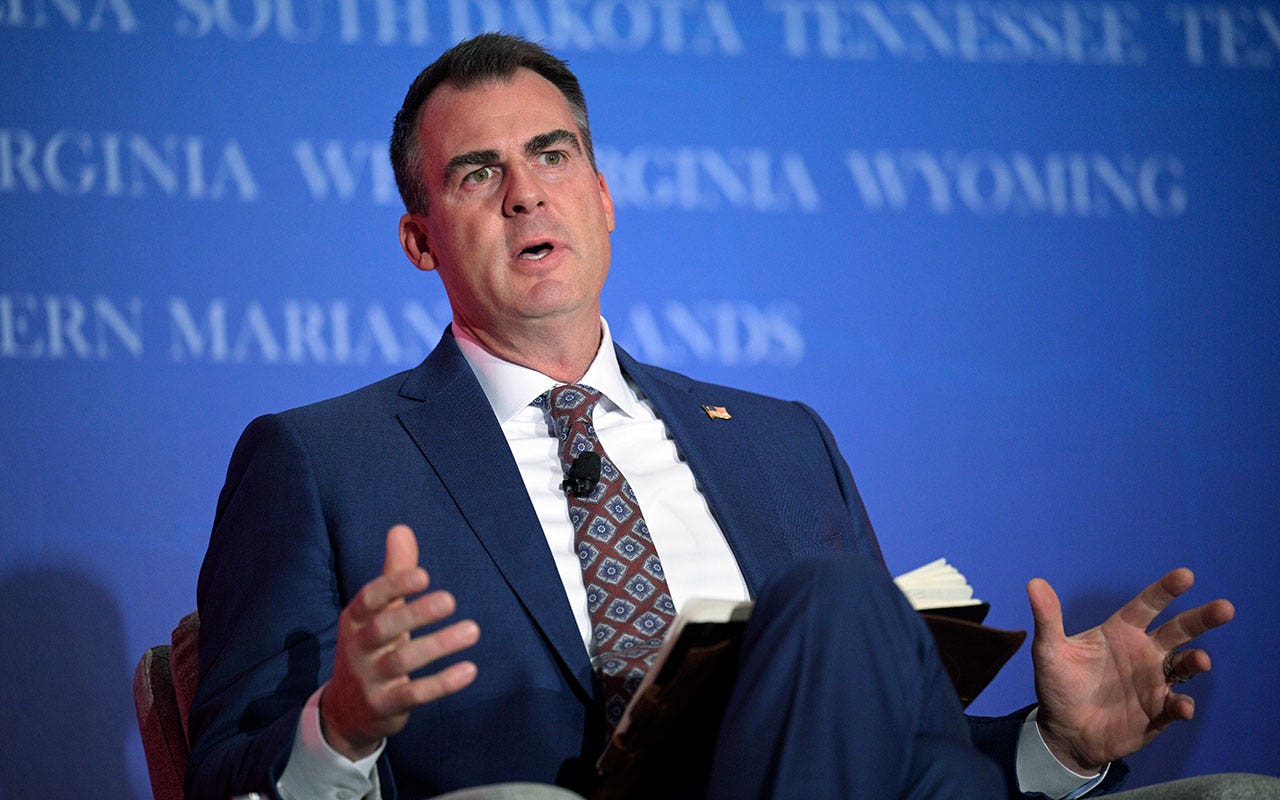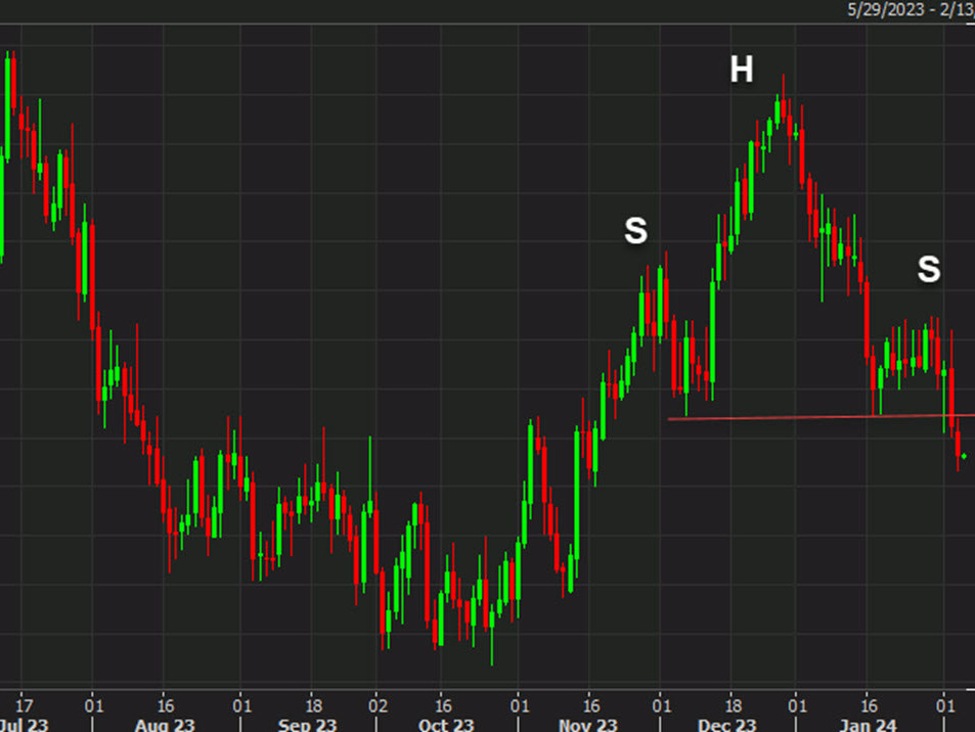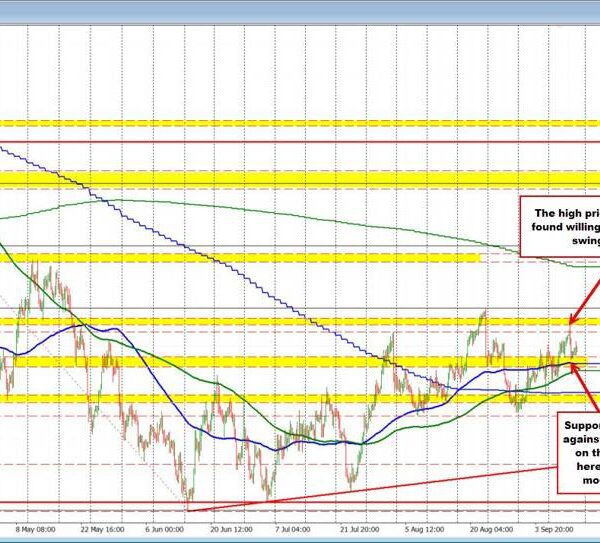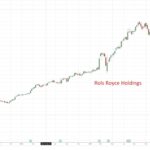That’s the weakest reading since June as Spain’s manufacturing sector suffers a notable setback at the end of Q3. Softer gains in both new work and output weighed with job losses seen for the first time in seven months. The good news at least is that price pressures were only modest at best with overall output charges declined for the first time in three months. HCOB notes that:
“Spain’s manufacturing sector is facing a temporary setback, as indicated by the HCOB PMI data for September. Although
the sector’s growth momentum decelerated, the broader upward trend seems to remain intact. In line with the headline
index, manufacturing output softened, though it’s important to note that August saw an unusually strong rise in production.
Against this backdrop, the current slowdown should not be overinterpreted. Supporting this view, inventories of raw materials
have increased for the first time in four months. This suggests that both sales and production may have fallen short of
corporate expectations.
“Spanish manufacturers remain optimistic about the future, despite a more subdued performance in forward-looking
indicators this month. New orders continue to show overall stability; however, foreign demand has deteriorated. This decline
may be attributed to the persistently strong euro and ongoing disruptions in global trade. Additionally, political instability in
Spain’s neighbouring country France and the resulting uncertainty are likely weighing on export conditions. Nonetheless,
business expectations remain close to their long-term average, underscoring a resilient sentiment among producers.
“Hiring activity dropped sharply in September – an unexpected development given that both production and order volumes
continued to grow, albeit at a slower pace. Elevated global uncertainty is likely prompting firms to adopt a more cautious
approach to recruitment. This restraint may also be linked to declining profit margins among manufacturers in September.
While input costs, particularly for suppliers and metals, continued to rise, overall output charges fell, largely due to
competitive pressures.”















